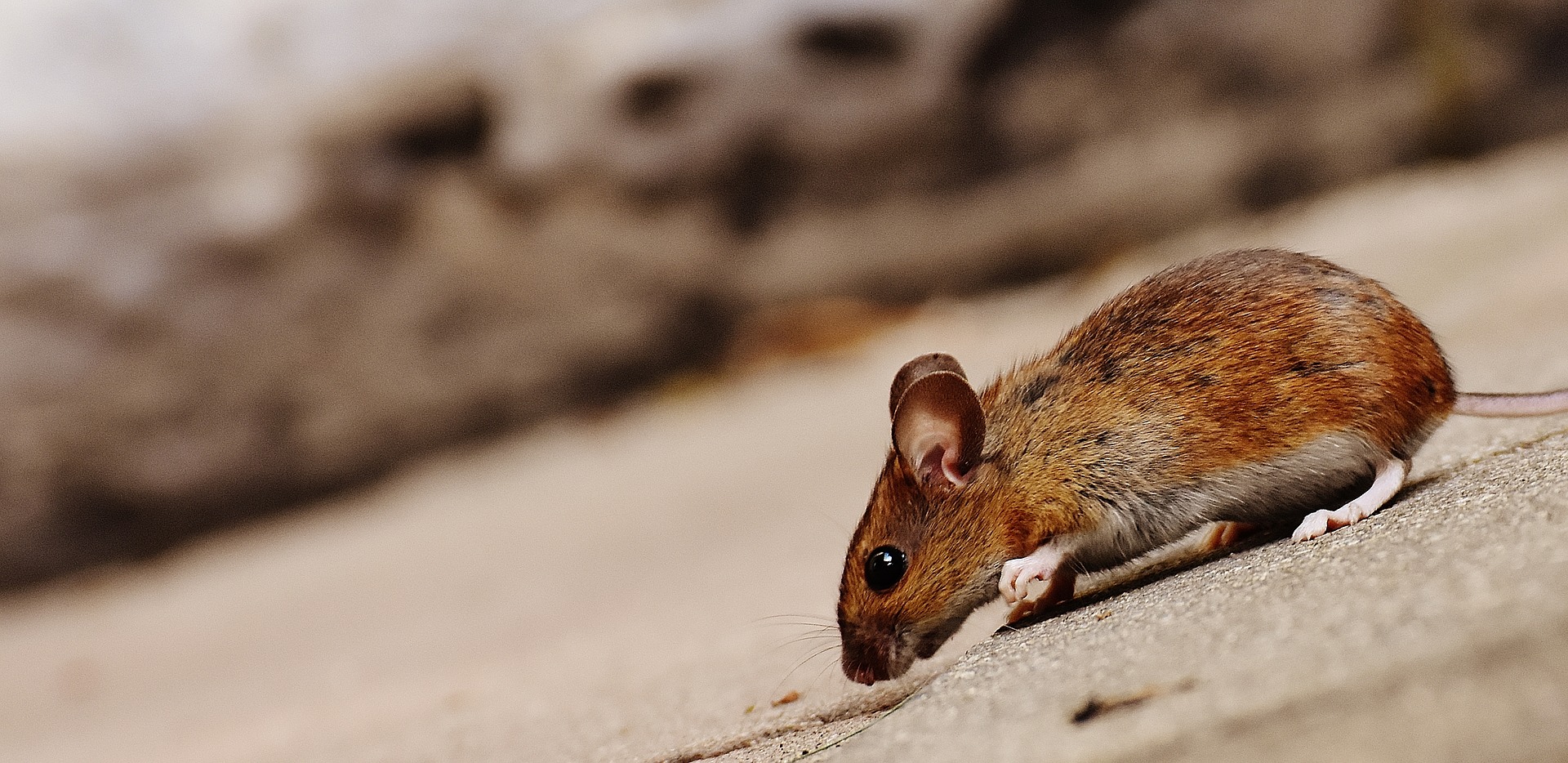Farmers and rural communities are still in the midst of combatting a ceaseless mouse plague.
NSW Farmers Grains Committee chair Matthew Madden said hundreds of communities are affected, placing further pressure on farmers and regional communities trying to recover from drought.
“Mouse control is a serious extra cost for grain growers.
“In a modest 1000ha cropping area, it costs around $17,000 dollars for one baiting run before the crop is even planted.
“In many areas, farmers are already on their third or fourth baiting run with costs only adding up and no end in sight,” Mr Madden said
Mr Madden said while farmers in some cropping regions are reporting a lull in mouse numbers, the CSIRO and Grains Research and Development Corporation are urging farmers to stay vigilant and not to rely on the weather to end the plague.
Mr Madden said the mouse plague is also posing a human and animal health risk in affected communities.
“The NSW Western Area Health Service is reporting increased cases of leptospirosis as a result of mice in domestic dwellings.”
“This plague has destroyed tonnes of fodder that was set aside for drought proofing and they are causing nightmares in the home, chewing through mattresses, spoiling food and people are waking up with them on their face. Cases of silage for animal feed being contaminated with Campylobacter have increased, making the silage unusable.
“I am also hearing about the mental health impact. Our members have faced drought, bushfires, floods and the COVID pandemic. For many this is the last straw.”
Mr Madden said the NSW government needs to provide meaningful financial support for baiting.
“The financial damage caused by this mouse plague already goes into the millions of dollars and without urgent action, it will run into the hundreds of millions of dollars as without an appropriate intervention, farmers in affected areas won’t be able to harvest a winter crop.”
“It’s a small investment to help with the state’s fiscal recovery from COVID-19. Seasonal conditions are pointing towards a decent winter cropping season in most parts of NSW, so there is potential for a significant contribution to the state’s economy.”
“The state government could also assist in streamlining approvals for industry to establish treatment stations across NSW so farmers can have their own grain professionally treated with zinc phosphide.
“This would reduce a lot of the biosecurity risks posed by the use of introduced grain, and ease pressure on demand and cost for commercially treated poisoned grain.
“It would also go a long way to easing the pressures faced by farmers.”
Read more stories like this:
- Aerial baiting in the front line of battle against the mice
- Pet poisonings rise as collateral damage in mouse war
- Advice on mice from Lesley Price











A possible solution is to use carbon dioxide gas . The idea is to surround the protected area ( like a silo area) with a cheap plastic sheet fence .. the bottom edge of the sheet is sealed to the ground with dirt ( doesn’t have to be perfectly sealed). On a “still night” flood the enclosed area with CO2 gas until it is say 6 inches deep . Being heavier than the other air gases the CO2 will settle near the ground and displaced oxygen . The mice , being air breathing mammals , will quickly die of suffocation . The gas can be repumped back into a cylinder otherwise it can be dispersed into the atmosphere with a blower. Similar ideas using CO2 barriers around fields might also be considered .